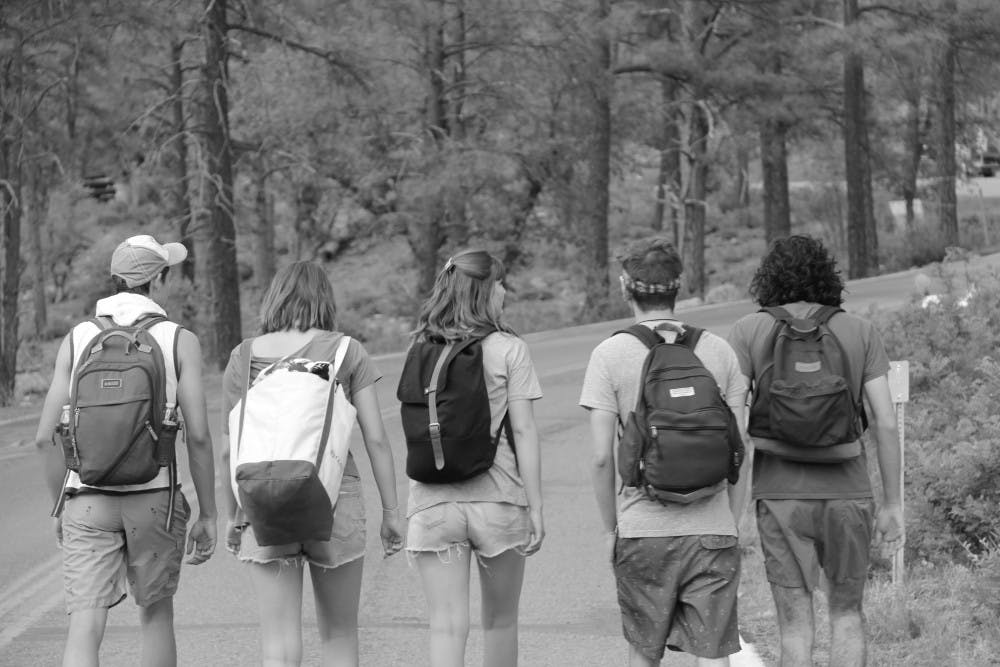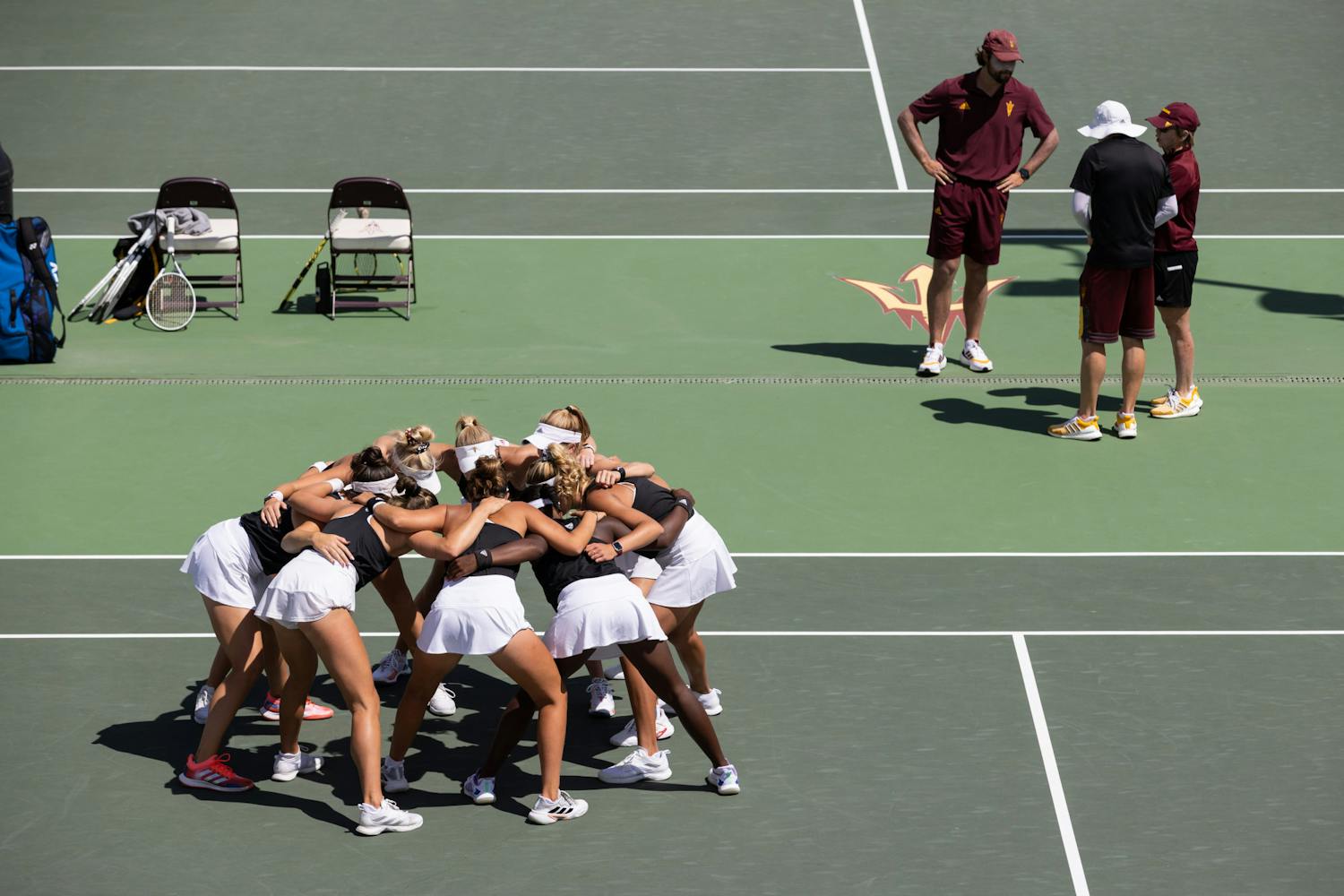In life, communities help make us who we are and they should be viewed as vital parts of our life.
The importance of a community is not how you get along or how often you bring pleasure to each other, but how a community benefits and lifts up its members. Benefit does not come from pleasure. Benefit can be rough and bitter, like correction from parents, mentors or friends.
See counterpoint: Elsa's Lesson: Let 'Em Go
We should not let go of people just because we aren’t satisfied with our relationship. In a community, not all members get along. Everyone isn’t bosom buddies and each person doesn’t have a personal friendship, but that doesn’t mean they don’t serve each other. Unless someone is harming you or bringing you to a place where you don’t benefit others, that person serves a purpose in your life.
If someone is harming you, you should pursue reconciliation vigorously. Don’t just leave a person hanging because they have upset or harmed you. When you reconcile with someone your relationship will grow tenfold and can benefit you more than you’ll ever imagine.
A review from the School of Public Health at the University of California, Berkeley found that unless the members of a community participate in a new park, building, or other physical institution, it will not have as great an impact as desires.
“It turns out that, for maximum benefit, physical improvements must be accompanied by improvements in the social fabric of the community,” the review said.
Your community is not just who you spend time and get along with, it’s the people who are impacting your life in one way or another. Timing and distance can impact community – but they don’t have to. A community may see each other once a week, once a month, or less.
During my precollege years I went to a summer camp – in Oklahoma. The drive from Arizona to Sooner Youth Camp was over 18 hours and took two days. For us from Arizona, the drive was nearly as long as camp itself. I had some friends from camp that I texted and talked with year round, some I talked to occasionally and many I only talked to at camp once a year. I remember the impact that every member of that community had on me. I remember crying, celebrating, laughing and living with people I had met three days earlier. Sooner Camp is a perfect example of community.
Distance hasn’t impacted those relationships – I still call these people on occasion to love on them. Time hasn’t affected those relationships – most of us are busy college students now but when we talk we still share in a common joy.
Communities are about benefit, not pleasure. To explain this, it’s time for a short and simplified Latin lesson:
Communitas – the Latin word for community, society or fellowship. It’s also the root of our word common. Being in a community is as simple as having something in common with a group of people.
Placere – The Latin verb “to please, to give pleasure, to be approved, to be acceptable.” It’s the root of both pleasure, and placate in English. Placation is how we satisfy people in a short term way.
Bene Facere – the Latin phrase “to do good.” This phrase is where we get the word benefit. To be a benefit is to do good.
Often, doing good is more than satisfying. Often, it can be the opposite. Satisfying a drug addict isn’t beneficial. Satisfying the selfish isn’t beneficial. Communities need to overcome the idea that pleasure, of self or of others, is the highest cause. Building a community has to do with sharing in a commonality and benefiting the members of that community – not pleasure.
A real community is built with friends, detractors, neutrals and other cogs that help each other. If I didn’t have my detractors, I would not have any humility or wisdom. Some of my best mentors have been those who criticize me the most – I need that.
Build communities, pursue goodness more than pleasure, serve others first and forgive people for their mistakes. Life will be a lot better that way.
Reach the columnist at maatenci@asu.edu or follow @mitchellatencio on Twitter.
Like The State Press on Facebook and follow @statepress on Twitter.
Editor’s note: The opinions presented in this column are the author’s and do not imply any endorsement from The State Press or its editors.
Want to join the conversation? Send an email to opiniondesk.statepress@gmail.com. Keep letters under 300 words and be sure to include your university affiliation. Anonymity will not be granted.




